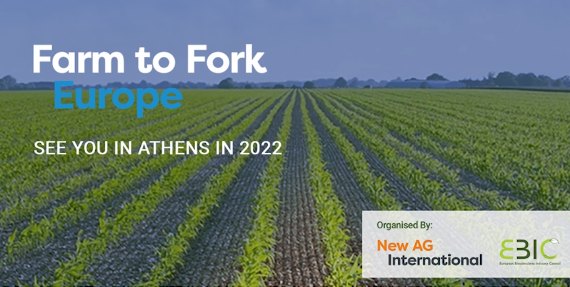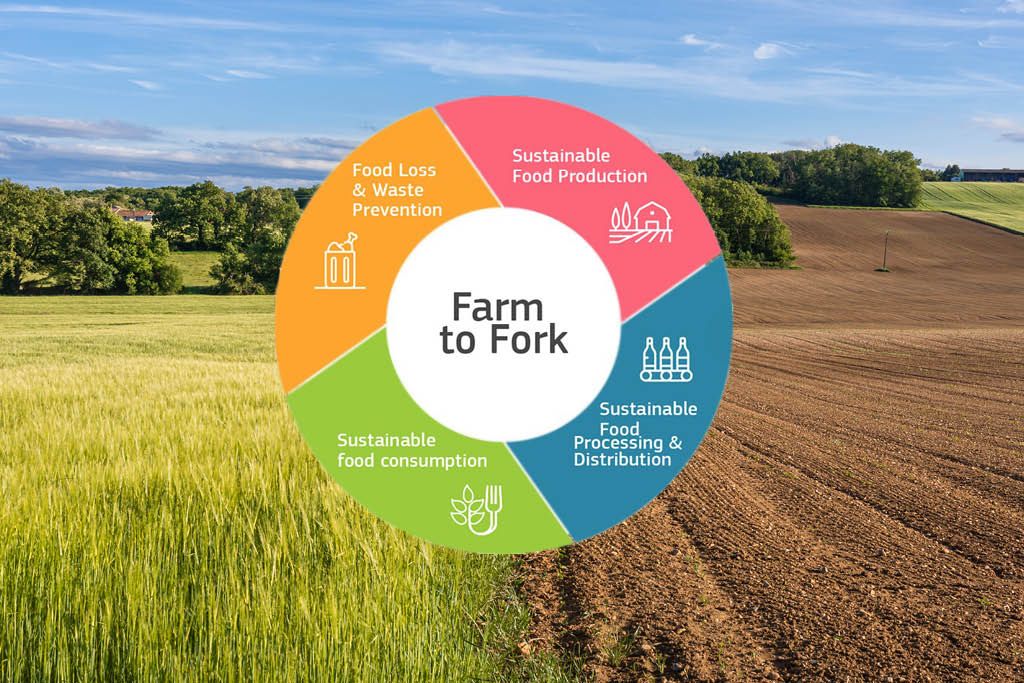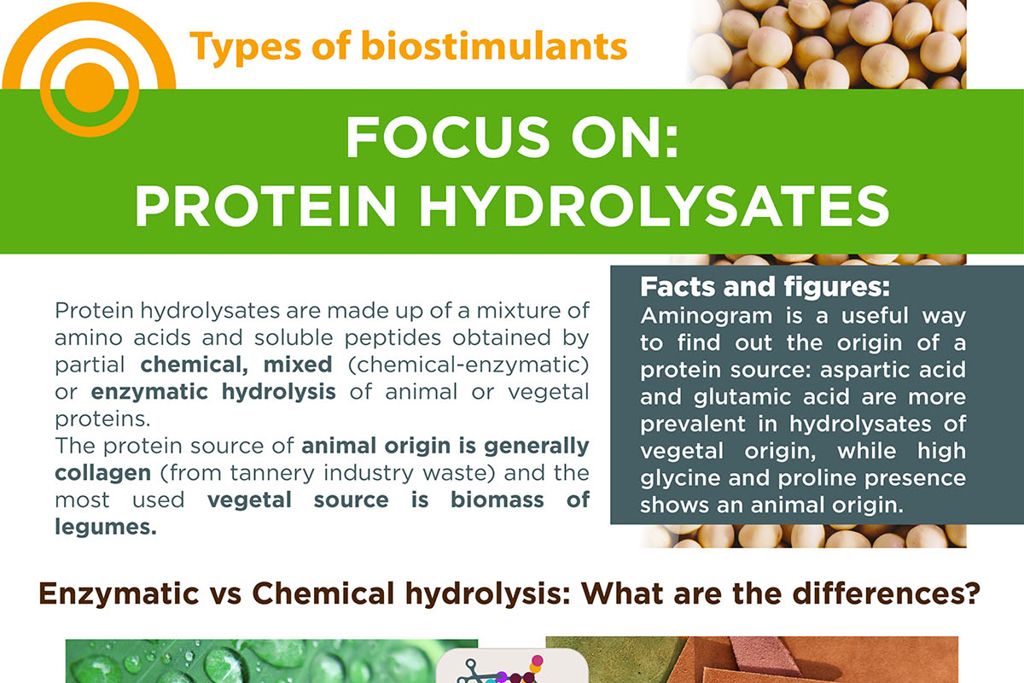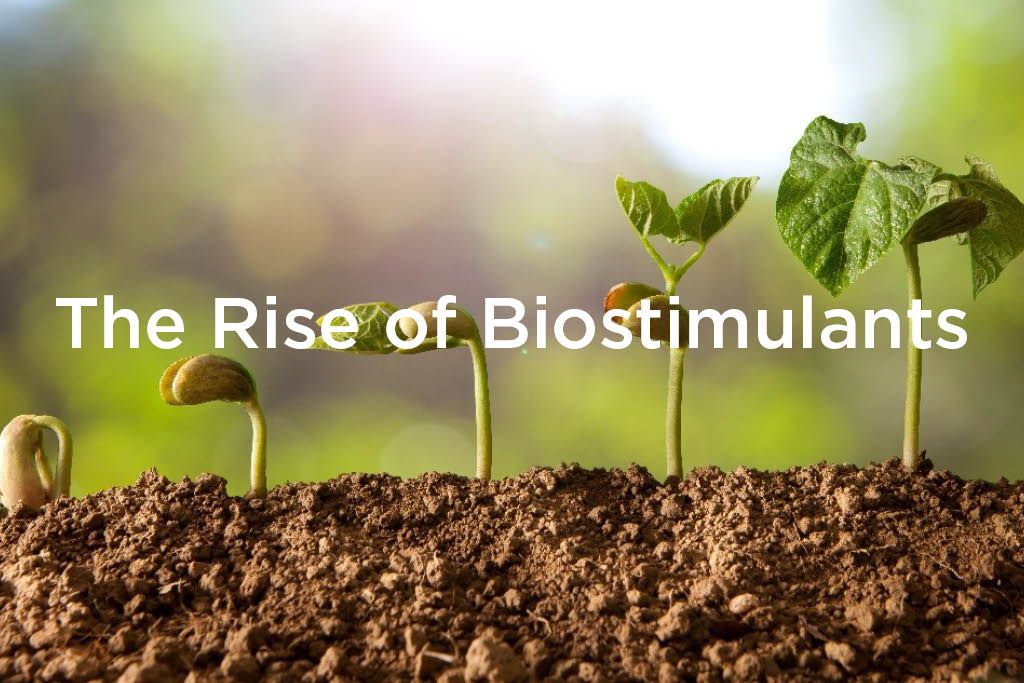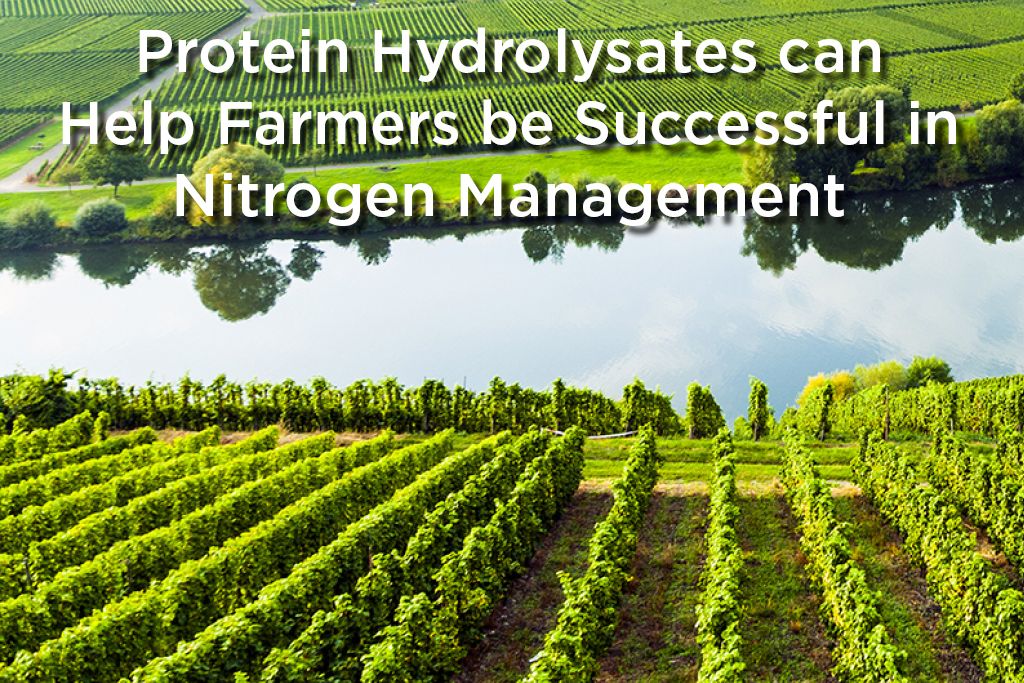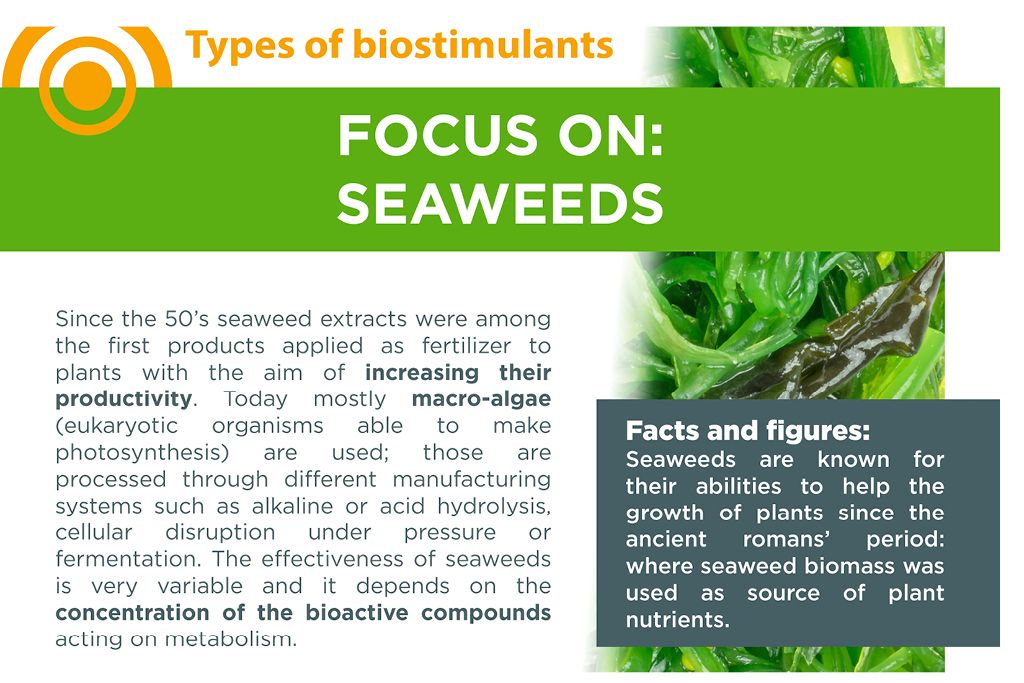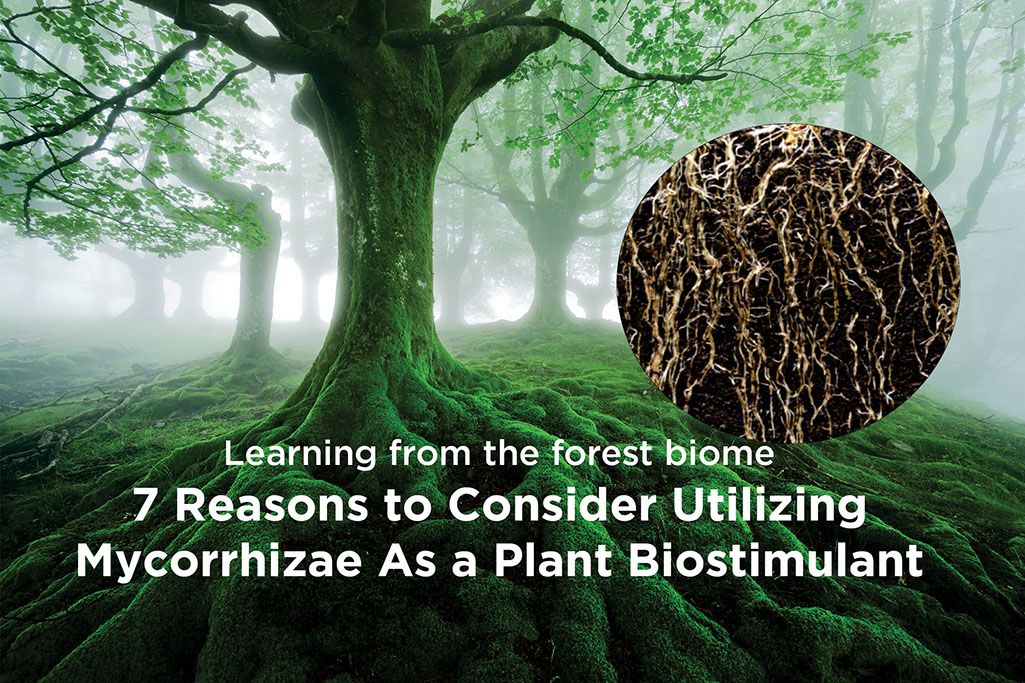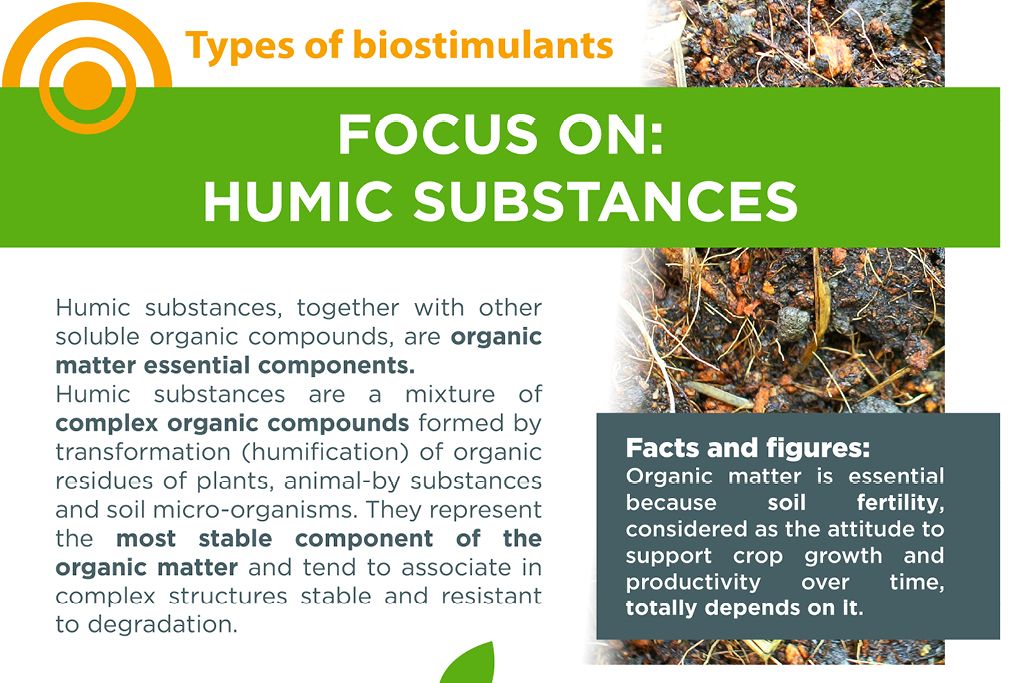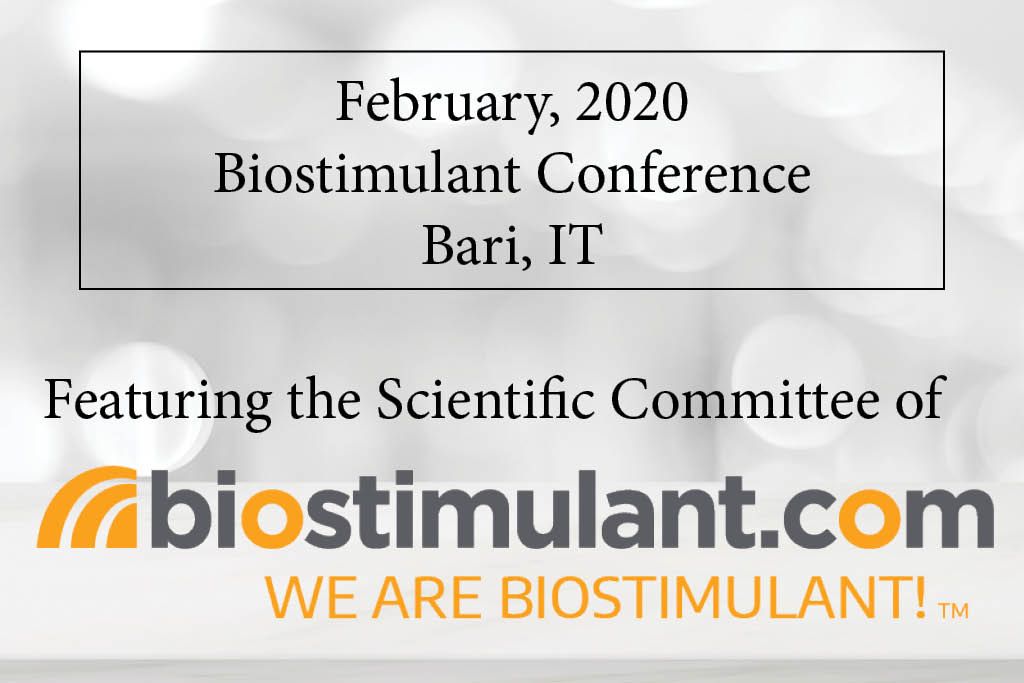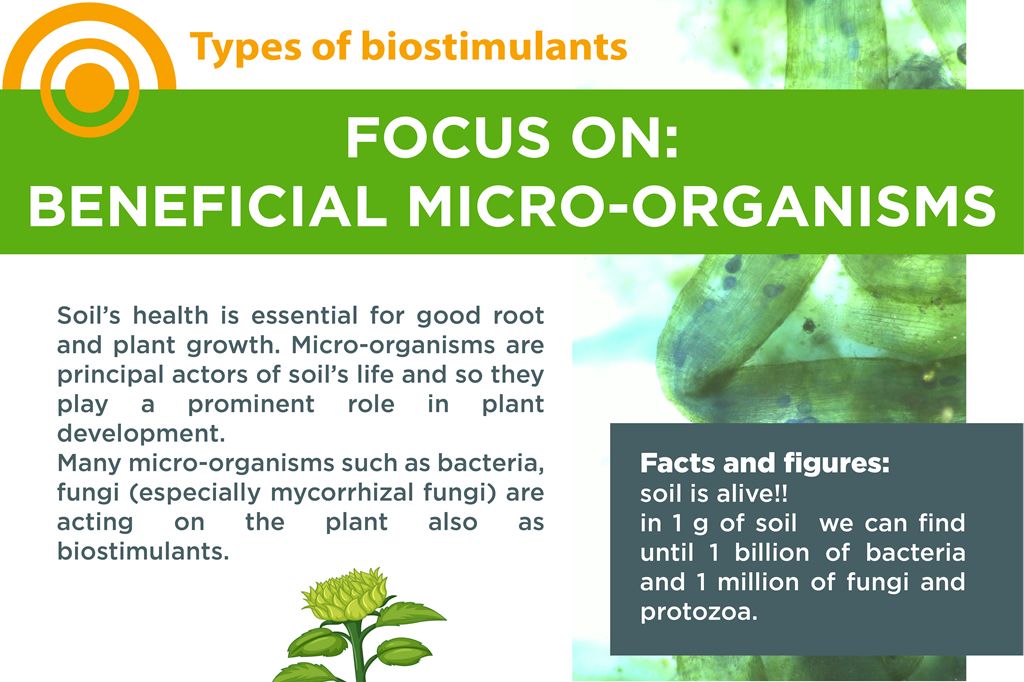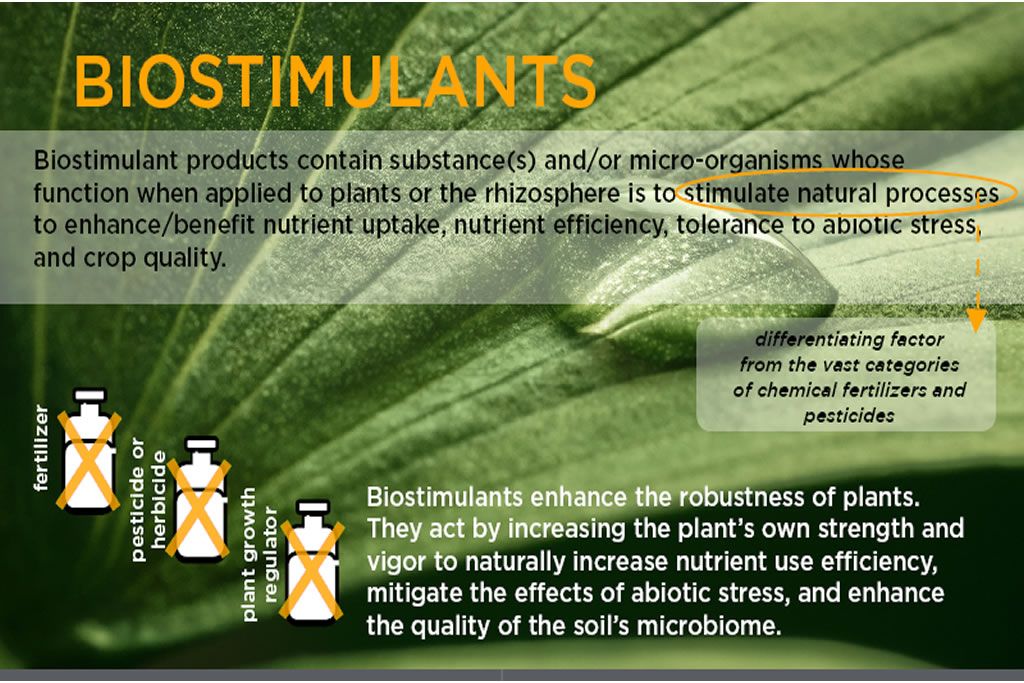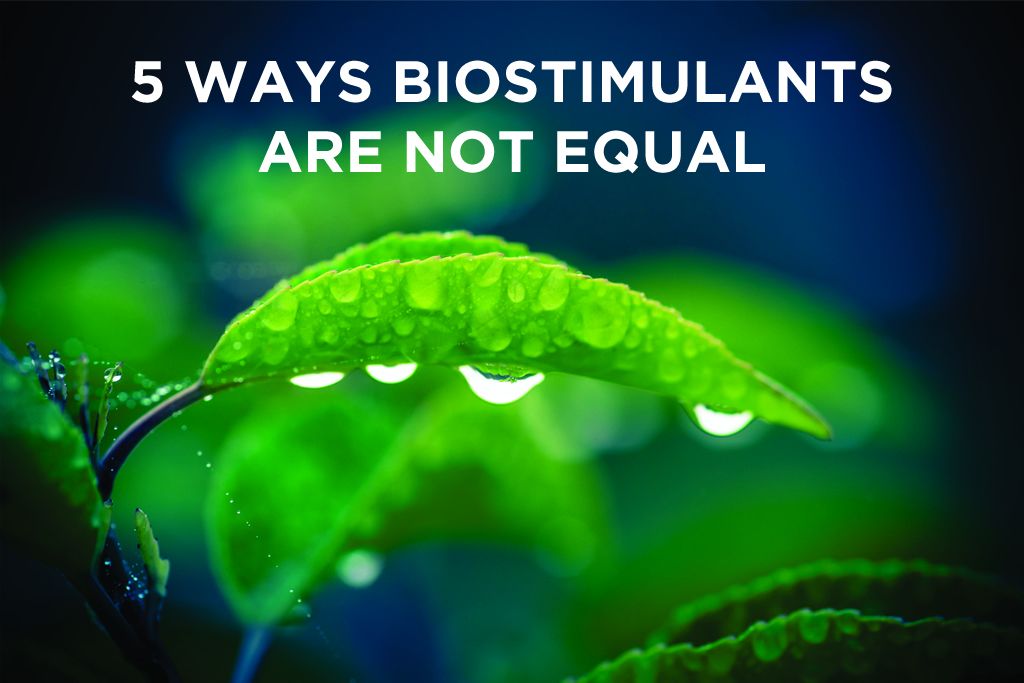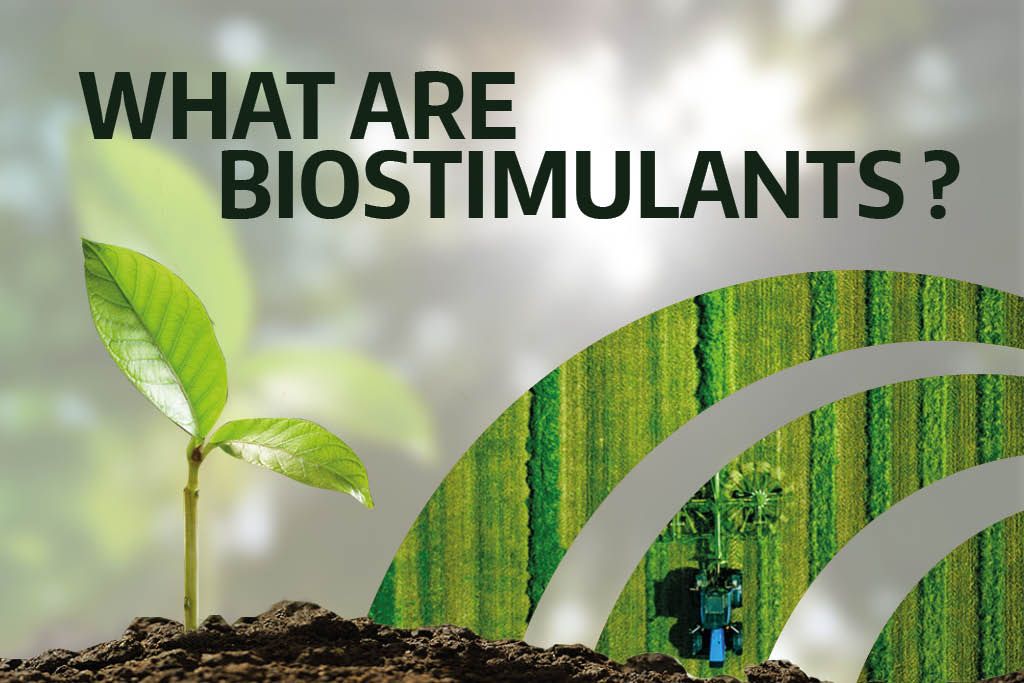BLOG #21
FARM TO FORK EUROPE CONFERENCE EXPLORES THE EMERGING OPPORTUNITIES AND TRENDS IN EUROPEAN AGRI-FOOD AND THE ROLE OF BIOSTIMULANTS IN THE NEXT-GEN FOOD CHAIN
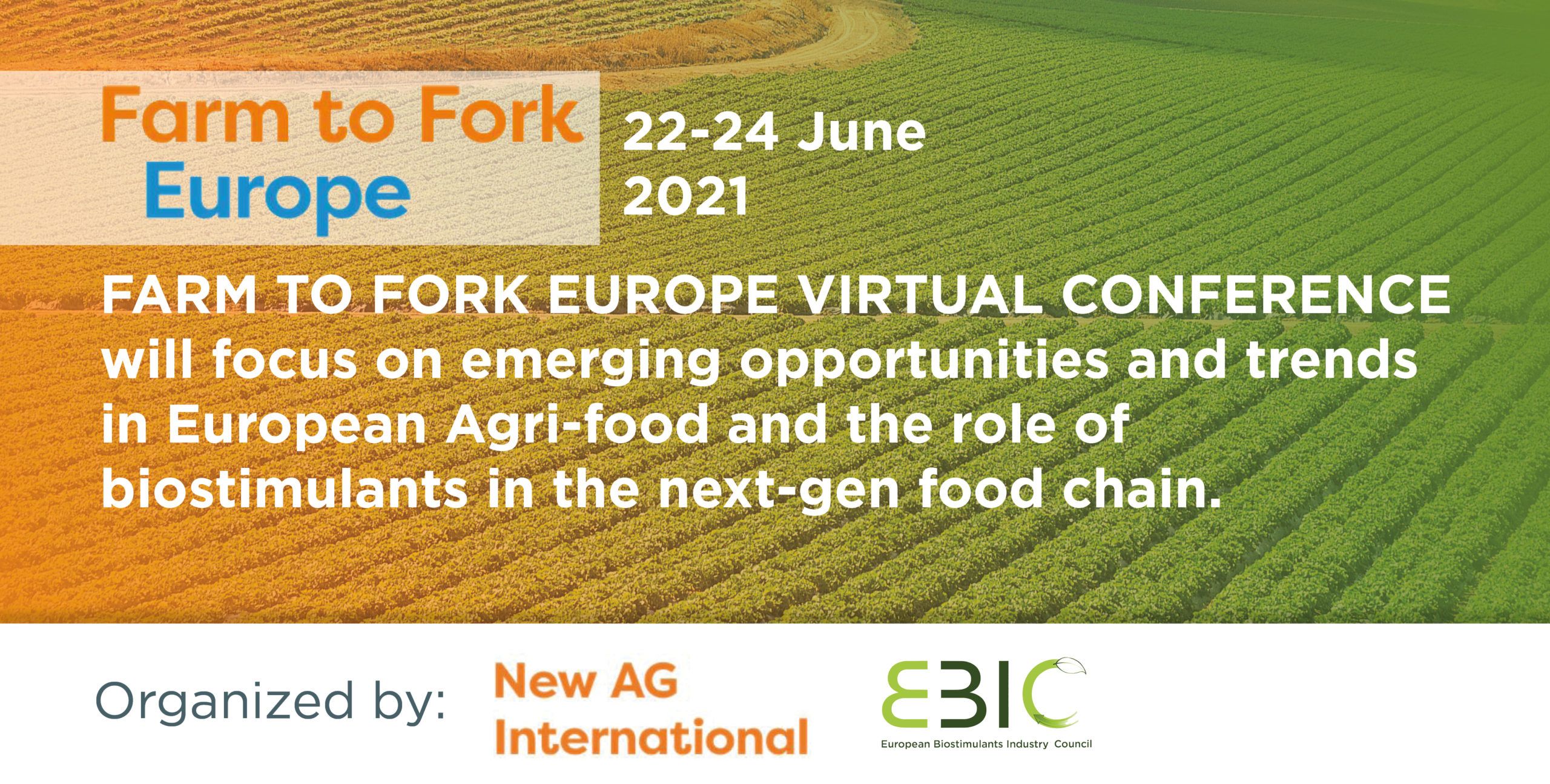
Biostimulants are attracting more and more interest, all over the world and in Europe where the Green Deal and the Farm to Fork strategy have set ambitious goals for change towards sustainable agricultural development. The commitment for agriculture is to produce more by reducing chemical inputs such as chemical Plant Protection Products and fertilizers.
In this scenario, the first edition of the Farm to Fork Europe Conference, organized by EBIC (European Biostimulant Industry Council) and New AG International, was held from June 22nd to 24th. The conference was supposed to take place last year but had been postponed due to the health emergency that shocked Europe and the whole world. The event was held in digital form, there were many opportunities for participants to interact, through networking groups and interactive Q&A sessions. Besides, there were workshop sessions where participants exchanged suggestions and ideas, as well as make sure to take home the most important messages of the conference.
The topic of the conference was “The emerging opportunities and trends in European Agri-Food and the role of biostimulants in the next-gen food chain” with the aim of providing an interactive environment to build a sustainable food chain that consumers desire, businesses can deliver and regulators approve. Many companies of the biostimulant sector, but also institution representatives, researchers and farmers were involved in the discussion, to investigate regulatory, policy and societal implications.
“How to feed 10 billions people on a hotter planet? I am convinced that plant biostimulants are part of the answer to that question, but I don’t believe that any single technology is a “silver bullet”. No single innovation is going to solve all the problems that agricultural sector is today facing. For this reason, it’s important to develop relationships with all the stakeholders involved in the food system” said Luca Bonini, President of EBIC opening the conference.
The conference program was organized around three daily themes, the first day was dedicated to Biostimulants and Farm to Fork Investments, the second covered Biostimulants and the next-gen food production, while the last day was focused on the wider food chain, looking at consumer-facing issues.
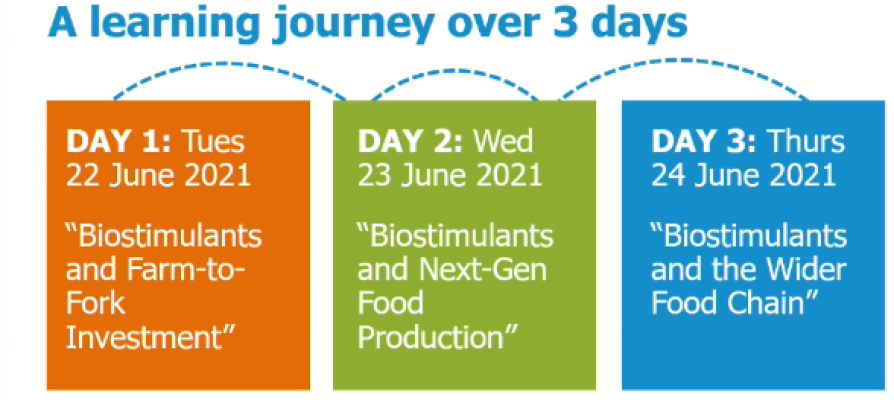
DAY ONE: BIOSTIMULANTS AND FARM TO FORK INVESTMENTS
The conference opened by exploring investments, biostimulant industry remains a young sector with many small and medium size startups which need to strengthen relationships with investors and attract investments more effectively. Besides, investors increasingly include sustainability in their evaluation of companies and early-stage financing for startups often come from public sources that reflect societal preferences such as sustainability goals. It may seem obvious but during the first day was highlighted that is fundamental that entrepreneurs and their partners are aligned on the same interests. The “Valley of death” is the critical initial phase of a startup company, is the span of time from the moment it receives its initial capital contribution until it finally begins generating revenue. Investors want to see the earliest possible returns; the solution is to go to market before products are perfect and use customer feedback to improve them to leave the “Valley of death” as early as possible. This is the key to be successful.
DAY TWO: BIOSTIMULANTS AND THE NEXT-GEN FOOD CHAIN
How biostimulants and the next gen food productions are contributing to a more sustainable food system we all want, was the key focus of the second day of the conference. Many non-technical factors can constrain or accelerate the development of agtech innovations, including the human factor, and need to be addressed in a systemic manner to reach widespread uptake of these innovations. Integrated, data driven technologies from plant breeding through field diagnostics and crop care will result in more effective use of resources and both higher yield and quality. Systems thinking is changing how ROI is calculated to take into account off-set costs, ecosystem services (for the farmer and society) and longer-term benefits. In addition, digitized traceability and transparency makes it easier for consumers to reward farmers for sustainability performance.
DAY THREE: BIOSTIMULANTS AND THE WIDER FOOD CHAIN
The last day of the conference was dedicated to the discussion of the wider food chain, including the “Farm to Fork strategy” of the European commission, the growing influence of young innovators and farmers and last but not least the UN FAO and how is working towards food systems change at global level with the New Strategic framework 2022-2031 “Leaving No One Behind through efficient, sustainable, inclusive and resilient agri-food systems”.
Millenials and Gen-Zs are the new consumers who are shaping the future of food and farming, it’s fundamental to understand what matter to them and work to integrate their insights into each business. Consumers are increasingly attentive to food quality and health benefits as well as sustainability, companies must show a serious committment in integrating food sustainability into everything they do.
The key is to work closely and collaborate with fellow food chain actors to support sustainable agricultural practices and build understanding of biostimulants. Future food chain and innovation policies set at the EU level can be expected to privilege sustainability and circularity. The building back better for a post-Covid world is a once-in-a-generation opportunity to stop trying to fix the existing food system and start redesigning it to generate better outcomes for everyone. Collaboration between the public and private sector is also really important for the future: “The FAO recognizes the closer engagement with the private sector will be fundamental. This is a very important and new direction that FAO and other UN organized agencies are looking to further their engagements and collaborations with private sector partners. We can’t do the achievement of the sustainable development goals on our own”, said Beth Bechdol, Deputy Director General at FAO.
The conference was an opportunity to build relationships with all the stakeholders involved in the food systems, “We all spend so much time on our piece of puzzle that we have a tendency to forget how it all fits together to make a bigger picture, at EBIC we really want to engage all the stakeholders from across the food chain on an ongoing basis. We hope you all stay in touch and keep looking for ways we can collaborate to keep co-creating an even more sustainable food system” said Luca Bonini, President of EBIC, during the closing remarks of the conference.
The next “Farm to Fork Europe Conference” will be held in Athens in June 2022. It will be the first edition in person if the covid-19 will permit it.
